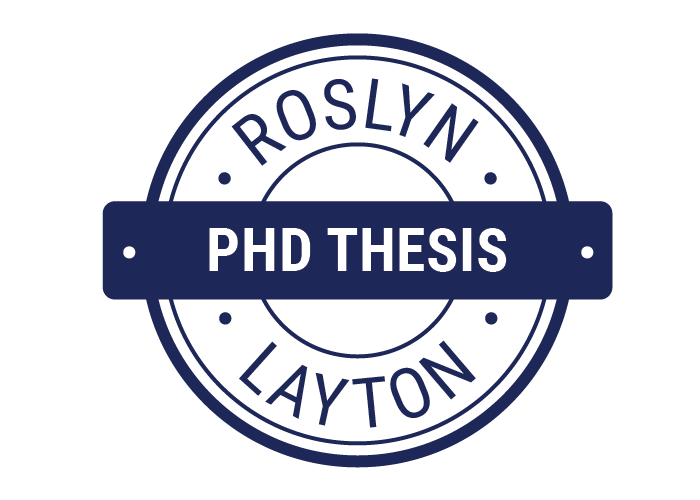Which Open Internet Framework is Best for Mobile App innovation? An empirical inquiry of net neutrality rules around the world

Published 2017, Aalborg University
Net neutrality or ”Open Internet” rulemaking has been ongoing for more than a decade. Some 50 nations have adopted formal rules including the United States, the European Union, and a number of countries in Latin America while other countries such as India are exploring whether to adopt such rules. Among other arguments, it is asserted that net neutrality rules are necessary for application innovation. While the focus for policymakers has largely been to make rules, there is less attention on how to measure the impact of such rules and how well they achieve their innovation goals. The research thus investigates to what degree the introduction of rules in a given country stimulates innovation in that country’s mobile app ecosystem. The focus in on mobile because it allowed the most consistent data across countries.
This thesis reviews a set of 53 countries, their net neutrality policies, and the results to the respective mobile application ecosystems of the countries adopting rules between the period of 2010-2016. This investigation tests the proposition that countries which adopt net neutrality rules should experience an increase in mobile app development innovation within their national economy. To test this, a statistical methodology was developed based upon measuring the number of locally developed mobile apps in the country for relevant periods before and after rules are imposed and the corresponding app downloads, usage, and revenue. Measurement was conducted with two independent toolsets and adjusted for the sophistication and penetration of advanced mobile networks in the country. To make more meaningful comparisons and avoid inevitable heterogeneity across the countries, the investigation focuses on two similar countries with different rules, Denmark with soft rules (self-regulation) and Netherlands with hard rules (legislation). The thesis also reviews the leading theories of innovation as well as the foundational papers in net neutrality to explain the observed discrepancies. The research finds significant statistical support for “soft” net neutrality measures adopted on a voluntary basis. Hard rules 9 adopted through legislation and regulation were not associated with greater mobile app development for the given country. Denmark increased in local mobile app development while Netherlands decreased. Additionally the explosion of mobile apps from countries with no net neutrality rules and the general dearth of mobile apps from countries which have had hard rules for years runs counter to expected results. This suggests that policymakers revisit their assumptions and expectations for net neutrality policy. The thesis includes discussion of the limitations of the analysis, the challenges of measurement, and the possibility that the impact of net neutrality might not be able to be observed or measured. It concludes with recommendations for policymakers.
Citation: Layton, R. (2017). Which Open Internet Framework is Best for Mobile App innovation? An empirical inquiry of net neutrality rules around the world. Aalborg Universitetsforlag. Ph.d.-serien for Det Tekniske Fakultet for IT og Design, Aalborg Universitet https://doi.org/10.5278/vbn.phd.engsci.00181